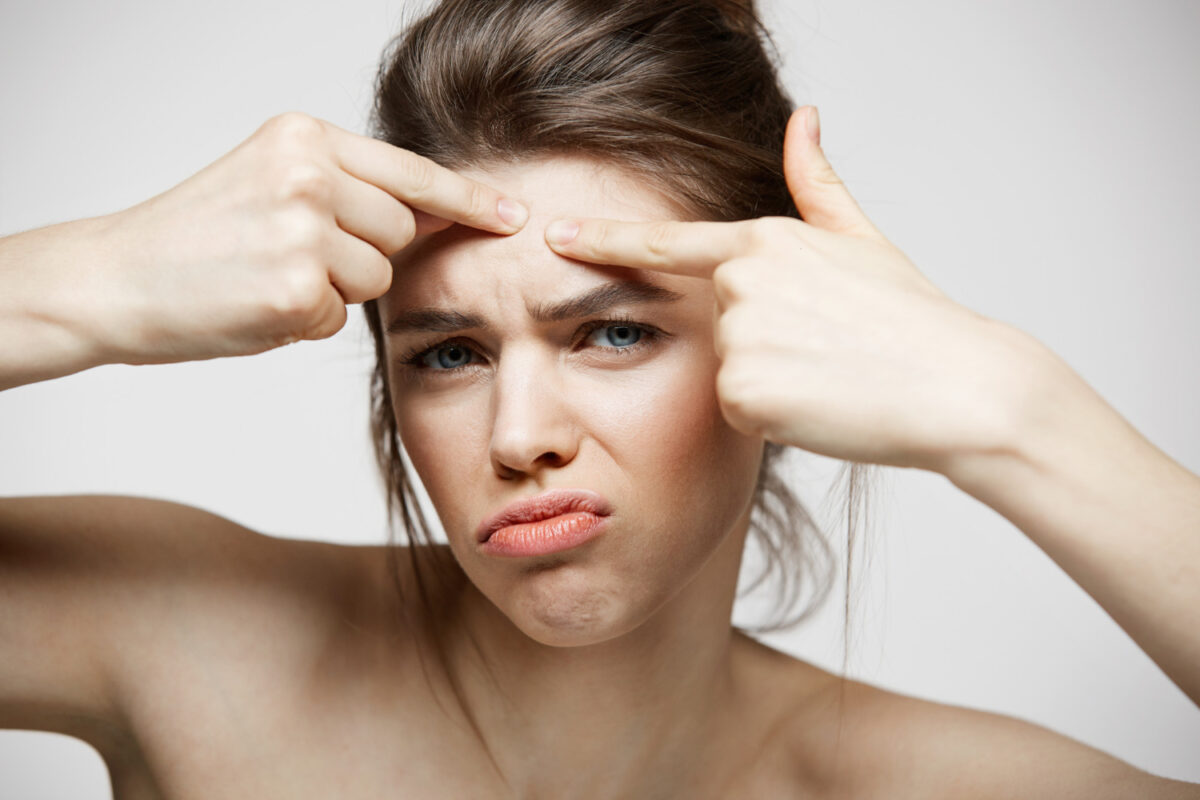Acne is a common skin condition that affects millions of people worldwide, particularly during adolescence. It is characterized by the appearance of pimples, blackheads, and other blemishes on the skin. While acne can be a frustrating and sometimes embarrassing condition, it is important to understand the underlying causes and effective treatment options.
Causes of acne
Acne occurs when the sebaceous glands of the skin become hypersensitive. The skin can develop acne lesions due to hormones, bacteria, and inflammation.
The primary causes of acne include hormonal imbalances, excess oil production, clogged pores, and the presence of bacteria on the skin. Factors such as stress, diet, and certain medications can also contribute to the development of acne.
Home remedies for acne
In this section, we address the best home remedies for acne, the research’s findings, and lifestyle adjustments that can be beneficial. If a person wants to try certain topical remedies. Make an online appointment with a dermatologist to discuss your skin issues. It’s important to perform a patch test before applying the topical remedy directly to the skin. A skin reaction test is performed by putting a small amount of the topical treatment on the wrist or hand.
Aloe Vera
Aloe vera has a natural antibacterial and anti-inflammatory effect, which can help reduce acne appearance and prevent breakouts as part of a treatment plan.
Coconut Oil
Coconut oil is a natural remedy that contains anti-inflammatory and antibacterial compounds, just like other natural remedies. Coconut oil is capable of eradicating acne-causing bacteria and reducing the redness and swelling of pimples due to its properties. Coconut oil’s soothing and moisturizing properties may speed up the healing of open acne sores.
Rosemary
Rosemary extract, known as Rosmarinus officinalis, is composed of chemicals and compounds that possess antioxidant, antibacterial, and anti-inflammatory properties.
Tea Tree Oil
Tea tree oil is a natural antibacterial and anti-inflammatory, which may kill P. acnes, the bacteria that causes acne. Tea tree oil’s anti-inflammatory properties can aid in reducing the swelling and redness of pimples.
Honey
Raw, unprocessed honey has antibacterial properties and can aid in healing. It has been proven that raw honey can heal skin wounds, and honey-based skin products are available at many pharmacies.
Changes to lifestyle are necessary for acne
Specific lifestyle changes can have a significant impact on keeping the body healthy, reducing skin oiliness, and reducing acne flare-ups, in addition to home remedies.
Choosing the appropriate cleanser
Regular soaps can have an acidity or pH that is too high, which can irritate the skin, leading to acne worsening. Consultation with a dermatologist can assist individuals in determining the best solution for their skin. Choosing a mild cleanser, rinse, and wash can often lower the chance of acne flare-ups and allow sores to heal.
Staying hydrated
Dry skin can lead to irritated or damaged skin, causing acne to worsen. Hydration is crucial for the proper development of new skin cells as sores heal. Water intake daily is not standardized because each person’s needs differ depending on age, activity, temperature, and medical conditions.
Applying oil-free skin care
Blocking pores with oil-based or greasy products can increase the risk of clogged and growing acne sores. Select skin care products and cosmetics that are labeled as ‘oil-free’ or ‘noncomedogenic’ and have ingredients that help pores breathe.
Reducing stress
The hormone androgen levels increase due to stress. Hair follicles and oil glands in pores are stimulated by Androgen, which increases the risk of acne.
Medical treatments for acne
Many medical treatments are available for acne, and while many of them are highly effective, they can have side effects and may not be suitable for everyone.
Effective treatment for acne often involves a combination of over-the-counter and prescription medications, as well as lifestyle changes. Over-the-counter treatments may include topical creams and gels containing active ingredients like benzoyl peroxide or salicylic acid, which help to reduce inflammation and unclog pores.
Prescription medications, such as oral antibiotics or retinoids, may be necessary for more severe or persistent cases of acne. In addition, maintaining a healthy skincare routine, managing stress, and avoiding certain triggers can also help to prevent and manage acne.
If home remedies have not been effective, it is important to consult with a dermatologist or healthcare professional to determine the most appropriate treatment plan for your individual needs. With the right approach, many people are able to effectively manage their acne and achieve clearer, healthier-looking skin.
